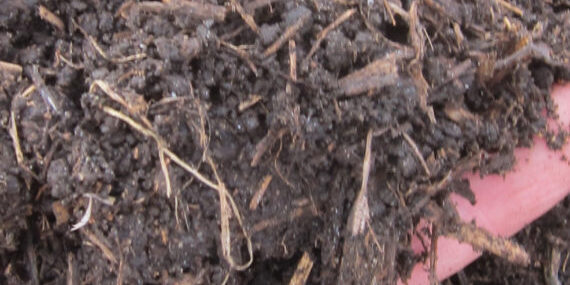It would sound like a negative thing to hear someone say that his or her garden needed more microorganisms living in the soil, but beneficial microbes are something that could help any garden come to life. The reason being is that beneficial microbes are responsible for something called soil aggregation.
And, for those of you who don’t know, soil aggregation is when groups of soil particles bind together strongly, and the space between these bonds of soil particles allows for spaces which allow for the exchanges of both air and water. The ways in which these microorganisms do this is varied, but just how then do we get these microorganisms in the soil to do their thing? There’s two ways: buying compost from a reputable supplier, like Rocky Mountain Compost, and, also, to begin a compost pile at home.
Compost For Your Garden
Rocky Mountain Compost carries compost that can benefit gardens, be it a food or a flower garden. The compost that works well for gardening is a mixture of livestock waste, wood byproduct waste, and, also, common yard waste—all of which is guaranteed to be full of microorganisms! Compost should be added to soil, mixed throughout, and if it’s being bought for a garden space that has never had compost added, you will have to calculate the amount of compost needed with a handy calculator like the one found on the Rocky Mountain Compost website.
If you are a regular composter, then you will need to add compost at least once yearly, and add it to garden beds when the level of the soil and compost mixture has dropped.
If you are serious about gardening, you can supplement your compost needs with an at-home compost pile. This pile can be placed anywhere and built almost anywhere (The next blog post will focus on the how to build a compost pile), and even suburban homes with little outdoor space can benefit by purchasing barrel-type, at-home composters that are no bigger than a hose reel. At home composting is a wonderful way to keep recycling organic by-product waste within the house.
If you have any questions as to what type of compost will work best for your garden Rocky Mountain Compost supplies two types) call Rocky Mountain Compost.







